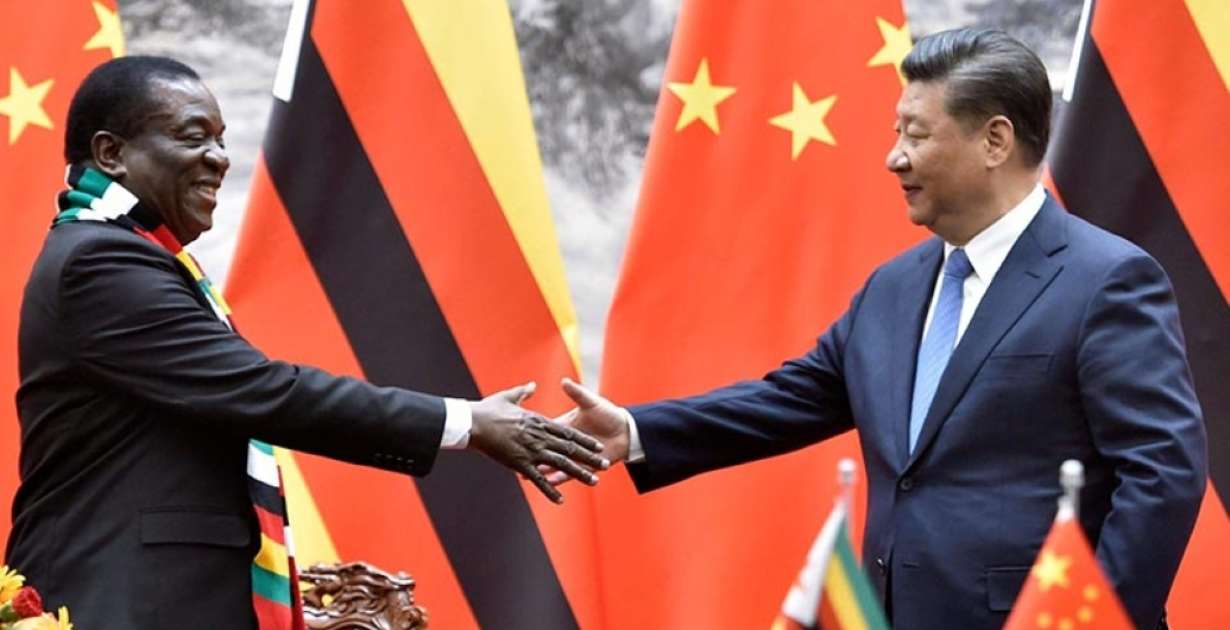China’s Withdrawal of Finance Has Impacted Africa’s Energy Initiatives
The funding of energy projects in Africa by China was once significant; however, this is rapidly changing. Chinese development finance for energy in Africa has decreased by more than 85% since 2015, as indicated by recent data.
This has resulted in a significant funding deficit for infrastructure projects, such as electricity grids and power facilities.
In 2015, Africa received $28 billion in energy investments. The majority of the loss was attributed to China’s withdrawal by 2024, when the figure had decreased to $20 billion. This is compelling African nations to explore alternative alternatives.
Currently, an increasing number of governments are relying on private investors and renewable energy initiatives, such as solar and wind. These solutions are frequently more environmentally friendly and require less time to construct.
However, private investors also desire improved returns, fewer corruption, and more transparent laws.
In the long term, this change may prove advantageous. It has the potential to motivate additional local businesses to participate and contribute innovative technologies.
Nevertheless, it is imperative that nations act promptly. The energy requirements of Africa are increasing, and millions of individuals continue to lack access to reliable electricity. The current obstacle is the identification of suitable partners to address the imbalance that China has created.
news via inbox
Get the latest updates delivered straight to your inbox. Subscribe now!




